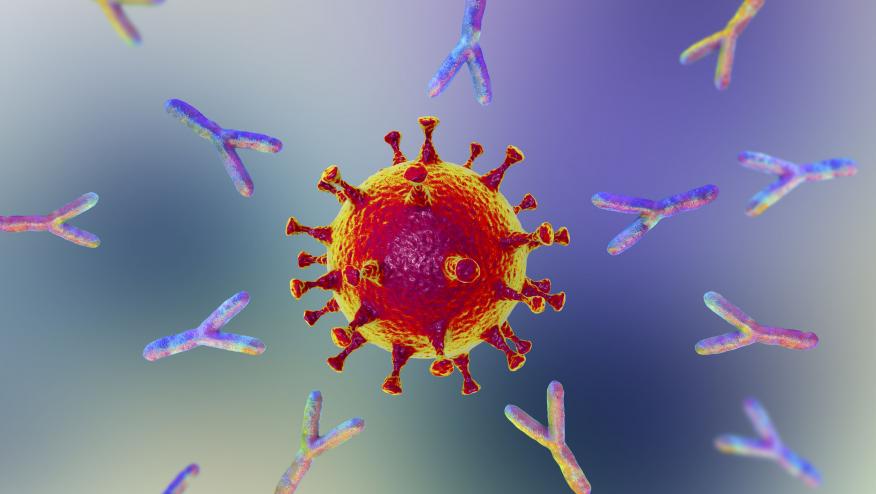COVID-19 Death is Dependent on Age and Type I IFN Autoantibodies Save

A study in PNAS of has shown that autoantibodies against type I interferons (IFNs) are strong predictors of death from COVID-19. This adds to the evidence that evidence preexisting autoantibodies neutralizing IFNs are strong determinants of life-threatening COVID-19 pneumonia.
This study examined the relationship between IFN autoantibodies and COVID-19 mortality, by age and sex. It is known that the prevelence of these autoantibodies increases with age, as does the risk of death from COVID-19. The fatality rate from SARS-CoV-2 doubles with every 5 y of age from childhood onward.
Using a samples of 1,261 deceased, unvaccinated COVID patients and 34,159 individuals from the general population, we found that autoantibodies against type I IFNs strongly increased the SARS-CoV-2 infection fatality rate at all ages, in both men and women.
Worldwide there has been more than 250 million severe acute SARS-CoV-2 infections and at least 5 million deaths. Individual variability to infection is multifactorial and poorly explained as 40% have silent infection, ∼3% ARDS and dealth in ∼1% of cases.
This report shows that in addition to age, type I IFN immunity is essential for protective immunity to against respiratory infection with SARS-CoV-2. Thus, patients with inborn errors of Toll-like receptor 3 (TLR3)-dependent type I IFN immunity are more susceptible to life-threatening COVID-19 pneumonia. This study shows that neutralising autoantibodies against type I IFN can have the same effect.
There are multiple lines of evidence strongly suggesting that auto-Abs against type I IFNs are strong determinants of COVID-19 death. The authors suggest that testing for these autoantibodies should be considered in the general population.










If you are a health practitioner, you may Login/Register to comment.
Due to the nature of these comment forums, only health practitioners are allowed to comment at this time.